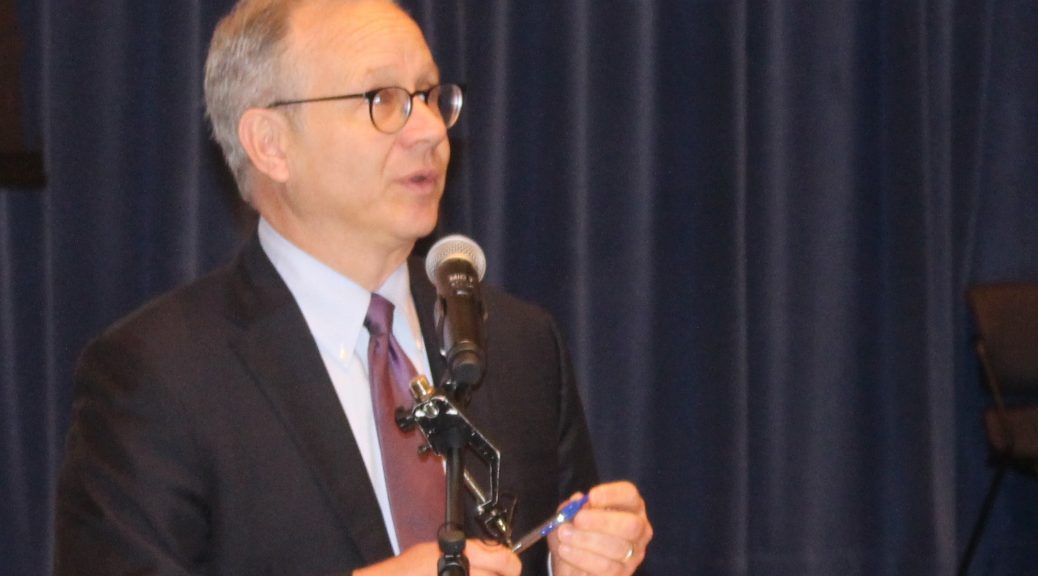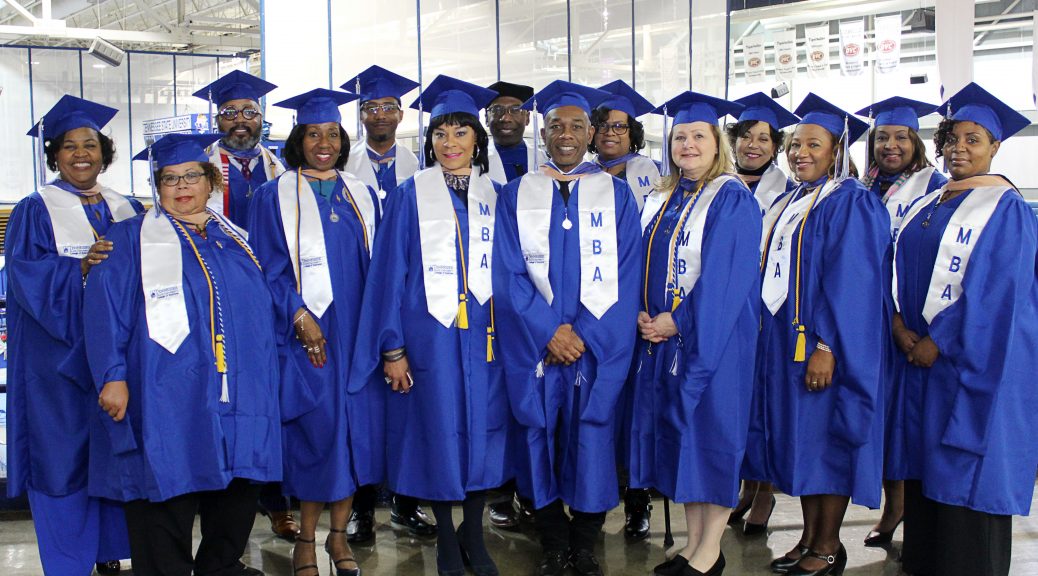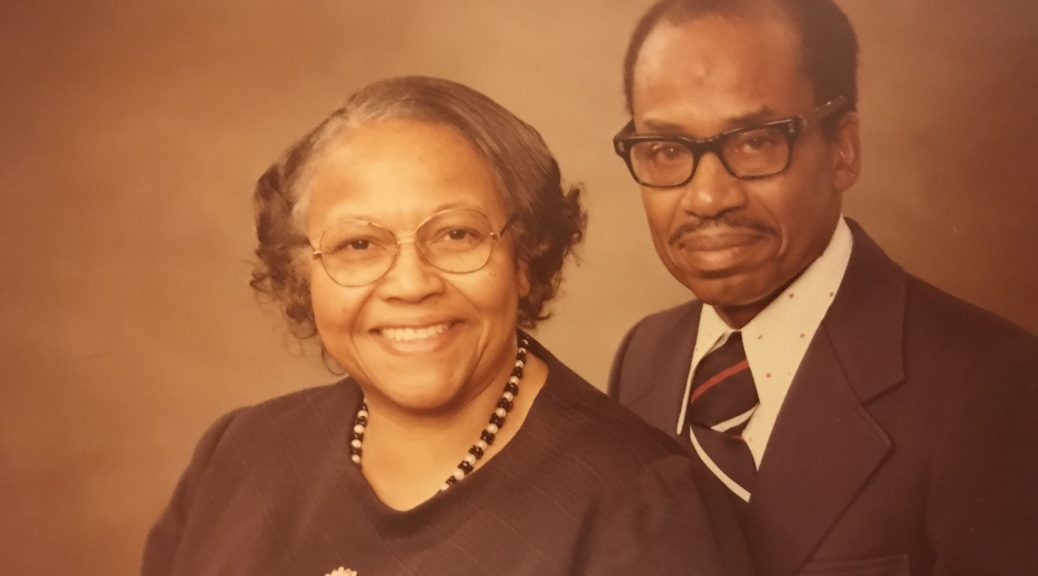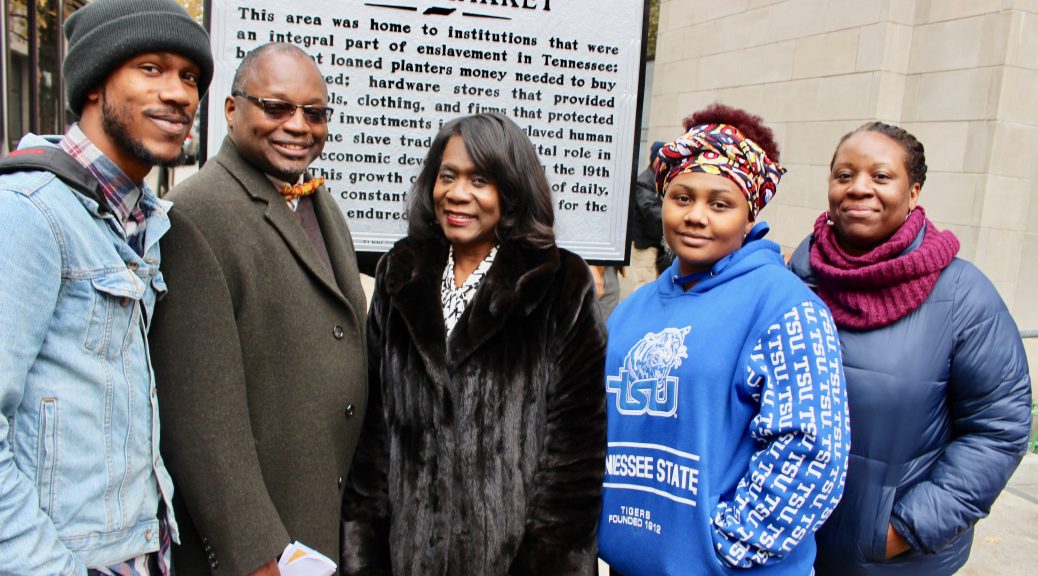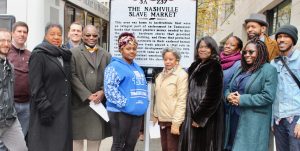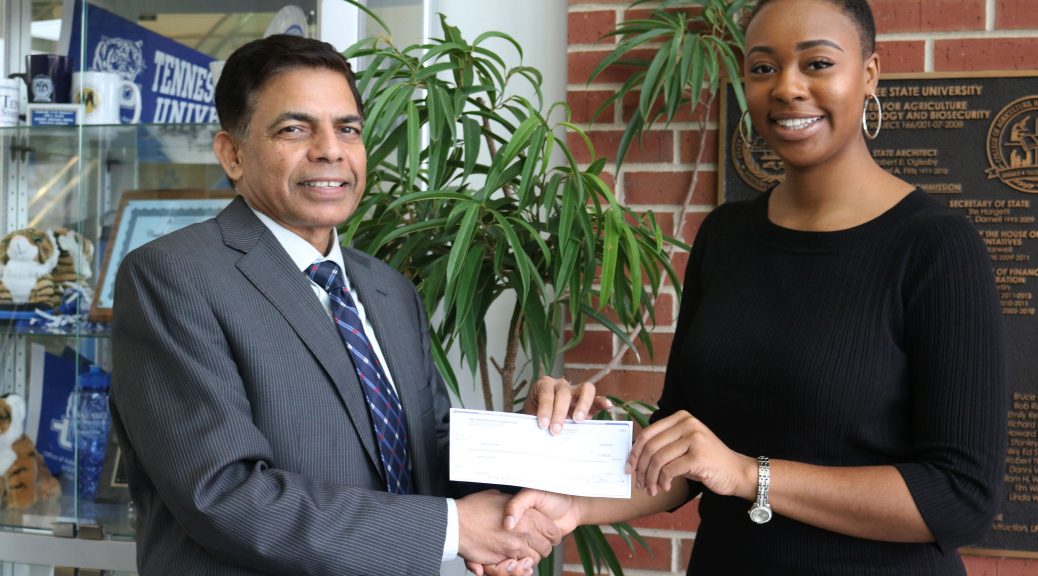NASHVILLE, Tenn. (TSU News Service) – Tennessee State University’s College of Business partnered with the state Department of Economic and Community Development on Wednesday to educate local stakeholders on the benefit of Opportunity Zones.
 Mayor David Briley welcomed prospective investors to the Opportunity Zone training session in the Avon Williams Campus auditorium and encouraged them to take advantage of the legislation, particularly in Nashville.
Mayor David Briley welcomed prospective investors to the Opportunity Zone training session in the Avon Williams Campus auditorium and encouraged them to take advantage of the legislation, particularly in Nashville.
The Qualified Opportunity Zone community development benefit was created by the Tax Cuts and Jobs Act signed last year. The federal benefit is designed to encourage long-term investment in low-income communities through Qualified Opportunity Funds.
There are 176 tracts in Tennessee that are approved Opportunity Zones. Twenty of the zones are in Nashville, and TSU’s main campus is located in one of them.
“This Opportunity Fund concept gives us another vehicle to attract investors, so that we can do targeted developments in our communities,” said Isaac Addae, an assistant professor in TSU’s College of Business.

Investors choosing to re-invest their capital gains into opportunity funds can earn three types of federal capital gains tax benefits: temporary deferral, a step-up in basis, and permanent exclusion on capital gains accrued after the initial investment. Additionally, Opportunity Zone investments can be paired with almost any federal, state or local incentive. Qualifying investments include multifamily housing, industrial development, brownfield redevelopment, retail development, operating businesses and a variety of other investments.
According to state officials, the goal of the training session (one of several across the state this month) is to educate stakeholders on how Opportunity Zones can be implemented throughout the state. Each session pairs potential investors with projects, reviews various use case scenarios and provides time for open discussion.
Jack Armstrong, a commercial real estate broker, attended the session at TSU and said it was beneficial.
“It’s a good opportunity for us brokers and people in the real estate world to get a better understanding of what’s out there and how we can better service our clients,” said Armstrong.
To learn more about Opportunity Zones, visit https://www.tn.gov/ecd/opportunity-zones.html
To learn more about TSU’s College of Business, visit http://www.tnstate.edu/business/.
Department of Media Relations
Tennessee State University
3500 John Merritt Boulevard
Nashville, Tennessee 37209
615.963.5331
About Tennessee State University
With more than 7,000 students, Tennessee State University is Nashville’s only public university, and is a comprehensive, urban, co-educational, land-grant university offering 38 bachelor’s degree programs, 24 master’s degree programs and seven doctoral degrees. TSU has earned a top 20 ranking for Historically Black Colleges and Universities according to U.S. News and World Report, and rated as one of the top universities in the country by Washington Monthly for social mobility, research and community service. Founded in 1912, Tennessee State University celebrated 100 years in Nashville during 2012. Visit the University online at tnstate.edu.
